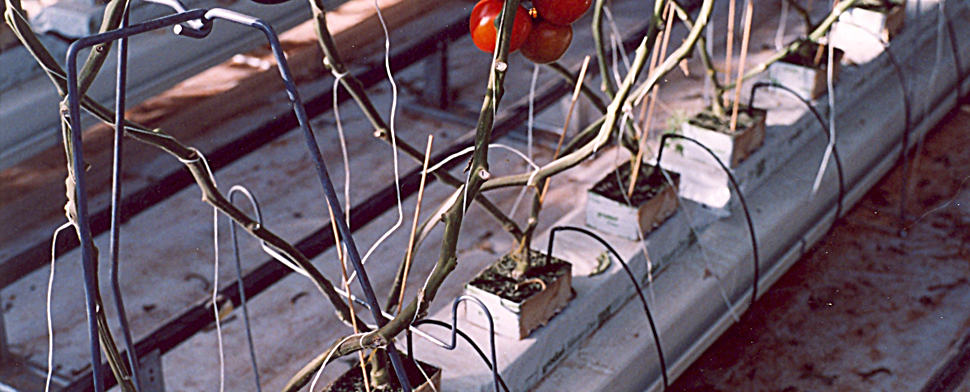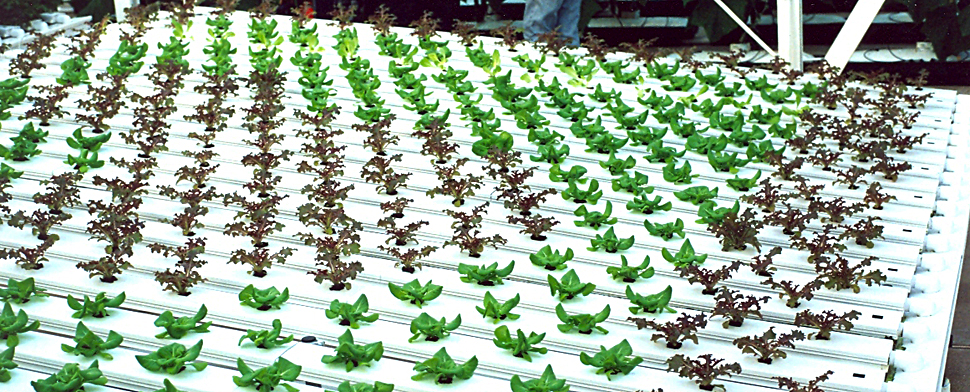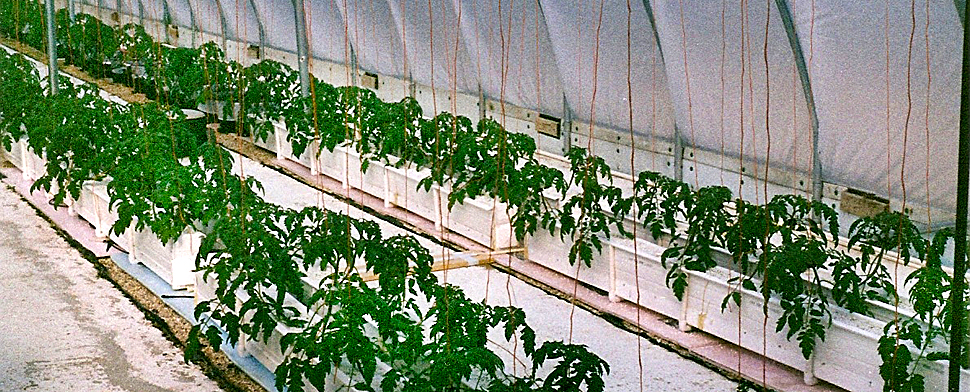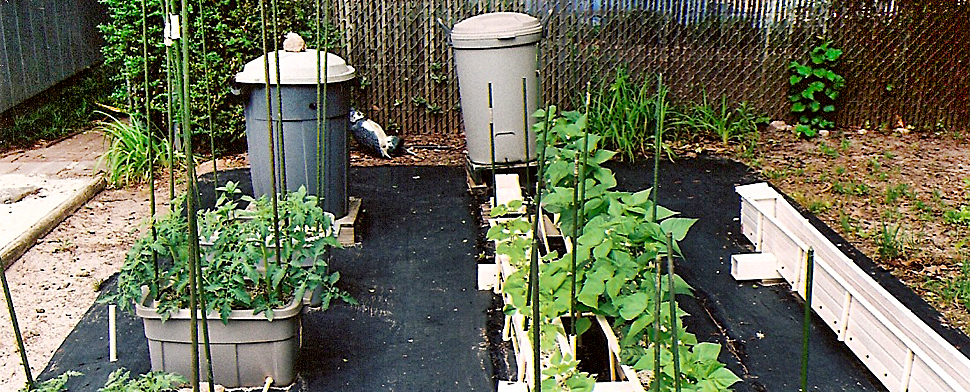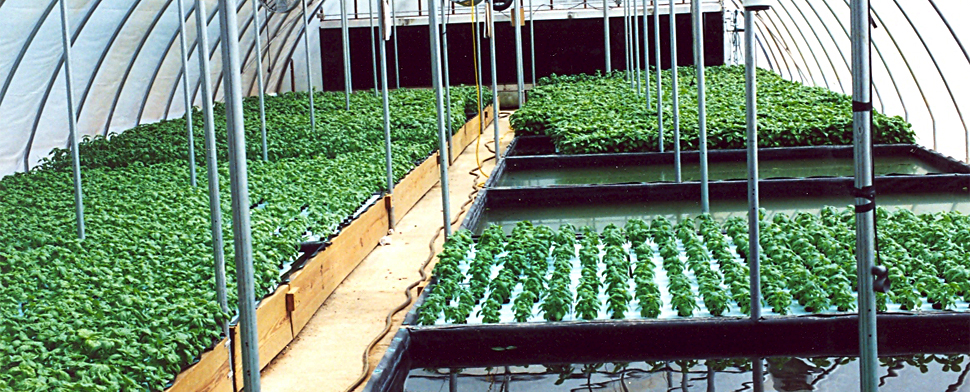Today, many of those growing plants hydroponically may be creating nutrient element insufficiencies by the use of supplements added to a nutrient solution formulation at various stages of plant growth with the purpose of “enhancing” plant growth and/or product yield and quality. The added element, or elements, might be increasing the level of availability of an element, or elements, already in sufficient supply, thereby, creating an excess, or possibly a toxicity that will then result in a reduction in plant growth and product yield and quality. This mistake can be avoided by assaying the plant for its nutrient element status before adding a supplement, and then following the recommendation given based on the plant analysis result. In general, supplementation will result in poor plant performance most of the time.
Written by admin
![]()
Dr. J. Benton Jones has written extensively on the topics of soil fertility and plant nutrition over his professional career. After obtaining a B.S. degree in Agricultural Science from the University of Illinois, he served on active duty in the U.S. Navy for two years. After discharge from active duty, he entered graduate school, obtaining M.S. and Ph.D. degrees from the Pennsylvania State University in agronomy. For 10 years, Dr. Jones held the position as research professor at the Ohio Agricultural Research and Development Center (OARDC) in Wooster. During this time, his research activities focused on the relationship between soil fertility and plant nutrition. In 1967, he established the Ohio Plant Analysis Laboratory.
Joining the University of Georgia faculty in 1968, Dr. Jones designed and had built the Soil and Plant Analysis Service Laboratory building for the Georgia Cooperative Extension Service, serving as its Director for 4 years. During the period from 1972 and his retirement in 1989, Dr. Jones held various research and administrative positions at the University of Georgia. Following retirement, he and a colleague established Micro-Macro Laboratory in Athens, Georgia, a laboratory providing analytical services for the assay of soils and plant tissues as well as water, fertilizers, and other similar agricultural substances.
Dr. Jones was the first President of the Soil and Plant Analysis Council and then served as its Secretary-Treasurer for a number of years. He established two international scientific journals, "Communications in Soil Science and Plant Analysis" and the "Journal of Plant Nutrition", serving as their Executive Editors during the early years of publication.
Dr. Jones is considered an authority on applied plant physiology and the use of analytical methods for assessing the nutrient element status of rooting media and plants as a means for ensuring plant nutrient element sufficiency in both soil and soilless crop production settings.
View all posts by: admin
No Comments Yet.

